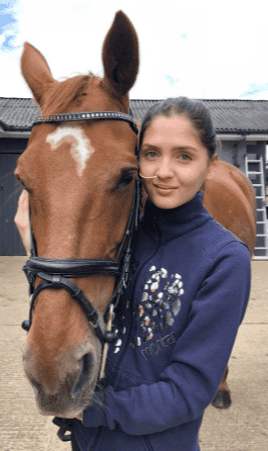The path to competitive para sport starts, for most athletes, with getting involved in sport at a grassroots level. While interest in disability sport is increasing, more can be done to improve access to clubs and facilities. Continuing coverage from our recent disability sport roundtable, our panellists discuss how to improve access and opportunity in disability sport.
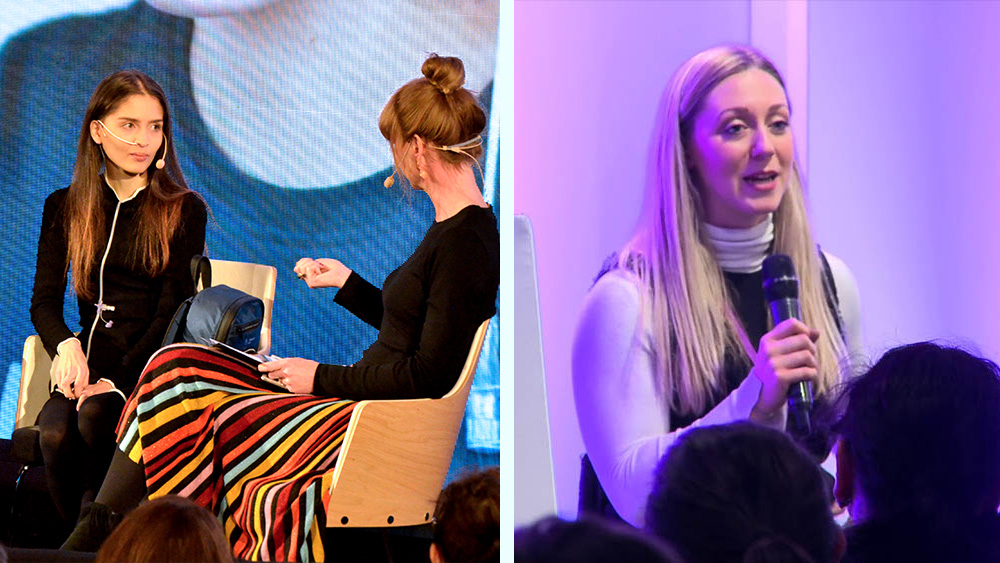
This is the third and final post in a series covering a roundtable conversation on disability sports, if you've missed the original posts you can find the first here and the second here.
The Panellists
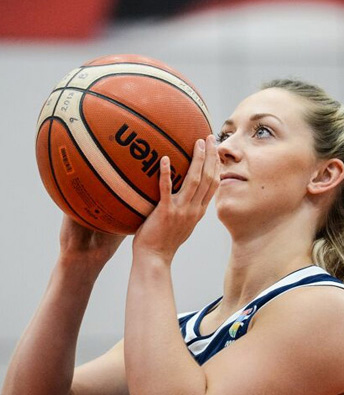
Sophie Carrigill Wheelchair Basketball Player |
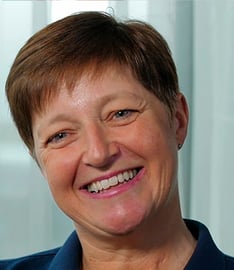
Bev Collins Wellspect UK's Clinical Lead Nurse & ParalympicsGB Nurse |
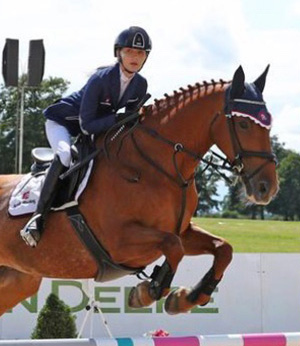
Evie Toombes Pararider |
How can we improve access to disability sports?
Sophie Carrigill: I think it's definitely getting bigger. Disabled sport is out there if you look for it, but I'd love to see disability sport within the national curriculum. That we'd have schools teaching a sport like wheelchair basketball, even if you don't have a disabled person in your class.
I'd love to see that because I think that perceptions will change from a really young age. That's where if we start integrating these children with disability sport just as normal as they play football or tennis or whatever it might be. Then when these kids growing up, we'll have sort of erased that generation of seeing people's differences as negative; instead, we'll raise a generation of seeing people's differences as positive. Thinking, "wow, this is cool and look at that chair or look at that piece of equipment".
That's really local, you know, that's at your school. Some schools are already doing it. There are opportunities out there to rent chairs or to get clubs to come in to teach one-off sessions. I know we do a lot with basketball, and I'm pretty sure a lot of other sports are doing that.
We'll have erased a generation of seeing people's differences as negative; instead, we'll raise a generation of seeing people's differences as positive.
I think more can be done in terms of the representation of disabled people and women in particular. Women in sport are not viewed as the same as men in sport anyway, and then you throw a disability on top of that; it's even less. We make up one in four people in the UK that have a disability. It's a massive proportion, but we are not represented one in four times. We're lucky if we're represented one in 100 times. That can definitely be changed in the media and in what you see, what you take in everywhere that you look. That's a massive issue that I'm not going to be able to tackle just on my own, but I think it is changing. Sport England, for example, their next ten years strategy is all about inclusion and putting it at the very front of what they're doing. So, things like that are creating change.
Then there is the environment we live in; if you are an able-bodied person, you don't live a life where you see access barriers because you can walk up steps, park wherever you want, and walk to the venue. I think nine times out of ten, it is able-bodied people making decisions for disabled people, and they don't get it right all the time. We need disabled people in those decision-making positions to make sports centres, leisure centres, shopping centres, whatever that are accessible for all. And if not, let's be polite about it and find a way to resolve an issue.
We need disabled people in decision-making positions to make sports centres, leisure centres and shopping centres that are accessible for all.
I've lived both experiences, but living life with a disability, I've noticed you have to be a lot more organized and plan a lot more. I'd love to be able to just live a bit more of a spontaneous life without worrying. Am I going to be able to get into this place? Are they going to have a toilet for me? It's those things that are the barriers that are still there. As a community, we can definitely do more to tackle those.
|
Speaker Profile: Evie Toombes At just 19 years old, Evie has achieved so much on and off horseback. She is an established Para Rider, representing Team GB at Pferd International in 2018, and was voted Horse & Hound’s amateur rider of the decade. She is also incredibly active as an ambassador for hidden disabilities and has been presented with numerous awards for her inspirational work. Facebook: Evie Toombes Para Rider Twitter: @evietoombespara Instagram: @evie.toombes Website: evietoombespararider.com |
|
Evie Toombes: Unfortunately, some organisations feel like it's not their business to try to accommodate people. I spoke to someone in a sporting company where I said, you realize that what we call the purple pound is worth 274 billion pounds to the UK economy every year. The purple pound is essentially money from people with disabilities and what they contribute to the economy. That could be in your shops, in your cafes and your restaurants. Our money is still money; that's what keeps the economy going, that's what keeps the wheels turning.
Say I go out for a meal with my friends, or I go to a sporting venue, or I go with my friends to watch something. I will go with five other friends, and I'm the only disabled one, but if we can't go somewhere, chances are we'll go somewhere else. So it’s not only me that it affects; it's the five other people who also would have been spending money. The same applies to everything, you know, leisure centers, like Sophie was saying, and sports centers.
Our money is still money; that's what keeps the economy going, that's what keeps the wheels turning.
When you put it in monetary terms, people raise their eyebrows a bit more and sit back and think, "Oh, God, you know, £274 billion." So that was a really good way to actually get it across. Despite everything else that goes on, there is a lot of value to be had there. When you place that value on us, which has kind of been taken away for a while, people begin to really want to accommodate us – especially when they realize how easy it can be to accommodate us. To take a second to think: "Okay, this is what they need. Sure, we can incorporate it instead of spending extra on the fancy lighting". It's a lot easier to do than people think.
Bev Collins: These things should be a given. Accessibility of entrances, doorways, bathrooms should not be a fight. They should be our 'normal' so everyone can gain access. I often spend time finding the correct person to 'put the ramp' in place or empty the accessible toilet as it is full of boxes and brooms!
Accessibility of entrances, doorways, bathrooms should be our 'normal' so everyone can gain access.
We hope you have enjoyed this series. If you missed the earlier segments, you can find part one here and part two here. Bev, Evie and Sophie are regular contributors to the Wellspect blog, so if you've enjoyed hearing from them, make sure to subscribe, so you don't miss and future stories:

